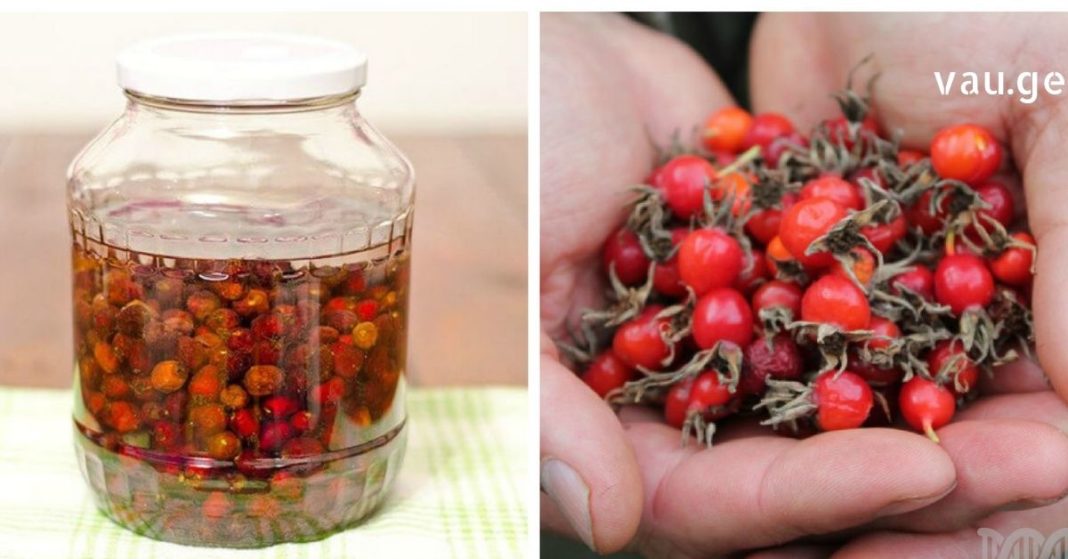What is Angina?
Angina, or angina pectoris, is the most common form of ischemic heart disease. It typically develops when there is a mismatch between the heart muscle’s demand for oxygen and the actual supply it receives via the coronary arteries. This imbalance usually results from a reduction or complete blockage of blood flow to the heart muscle due to narrowing or occlusion of the coronary arteries.
The primary cause of this narrowing is atherosclerosis—a condition where plaque builds up inside the artery walls. In rarer cases, angina may also be triggered by endothelial dysfunction, thrombosis, microvascular disorders, coronary artery spasms, left ventricular hypertrophy, or aortic valve stenosis.
The symptoms of angina often include chest pain, a feeling of pressure or tightness in the chest, and discomfort that may radiate to the neck, jaw, shoulders, or arms. These symptoms are typically brought on by physical exertion or emotional stress and usually subside with rest or medication.
Hawthorn: A Powerful Medicinal Plant
Hawthorn is a remarkably valuable plant that has been used for centuries in both traditional (folk) and modern (conventional) medicine. In particular, it is widely recognized for its beneficial effects on the cardiovascular system. Its Latin name is derived from a Greek word meaning “strong,” which is fitting, as hawthorn is indeed a “strong” plant in many ways.
Hawthorn is rich in flavonoids, oligomeric proanthocyanidins, and other bioactive compounds that help improve blood flow, strengthen the heart muscle, regulate blood pressure, and support overall heart health. Because of these properties, it is often used as a complementary treatment for conditions such as angina, heart failure, and arrhythmias.
Hawthorn Tincture and Infusions
Here are several ways hawthorn can be prepared and used for cardiovascular support, especially during angina:
- Hawthorn Flower Decoction:
Take 2 tablespoons of dried hawthorn flowers and pour 1 cup (250 ml) of water over them. Boil the mixture for 5–7 minutes, then strain. Drink 1 tablespoon of the decoction 3–4 times a day. - Hawthorn Flower Tincture:
Combine 10 grams of dried hawthorn flowers with 100 ml of vodka or another high-proof alcohol. Let the mixture steep in a dark place for at least 7–10 days. Strain before use. Take 25–30 drops of this tincture, diluted in a little water, 3 times a day. - Hawthorn Fruit Tea:
To make a fruit tea, place 1 tablespoon of dried hawthorn berries into 1 cup of water. Boil for 10 minutes, then let it steep for 2 hours. Strain and drink the entire cup 3 times a day as a herbal tea.
These natural remedies can help relieve symptoms associated with angina by improving circulation and reducing the workload on the heart.
Other Natural Remedies for Heart Health
Traditional healers also recommend wild violet flower tea for heart-related conditions. It is advised to drink this tea consistently over several months for it to have a noticeable therapeutic effect.
Additionally, a mixture of garlic and honey is known to be beneficial for heart health. This combination can be especially helpful in cases of ischemic heart disease, varicose veins, and atherosclerosis.
How to prepare garlic and honey remedy:
- Mix equal parts of fresh crushed garlic and natural honey.
- Place the mixture in a tightly sealed glass container and keep it in a dark place for 7 days.
- Shake the container daily.
- After the mixture is ready, take 1 tablespoon 3 times a day.
This remedy is believed to help cleanse blood vessels, reduce cholesterol levels, and improve overall cardiovascular function.
Conclusion
Angina is a serious condition that requires medical attention, but certain natural remedies, like hawthorn preparations, violet tea, garlic, and honey, can support heart health and help alleviate symptoms. Always consult with a healthcare professional before beginning any herbal treatment, especially if you are already taking medications for heart disease.


















